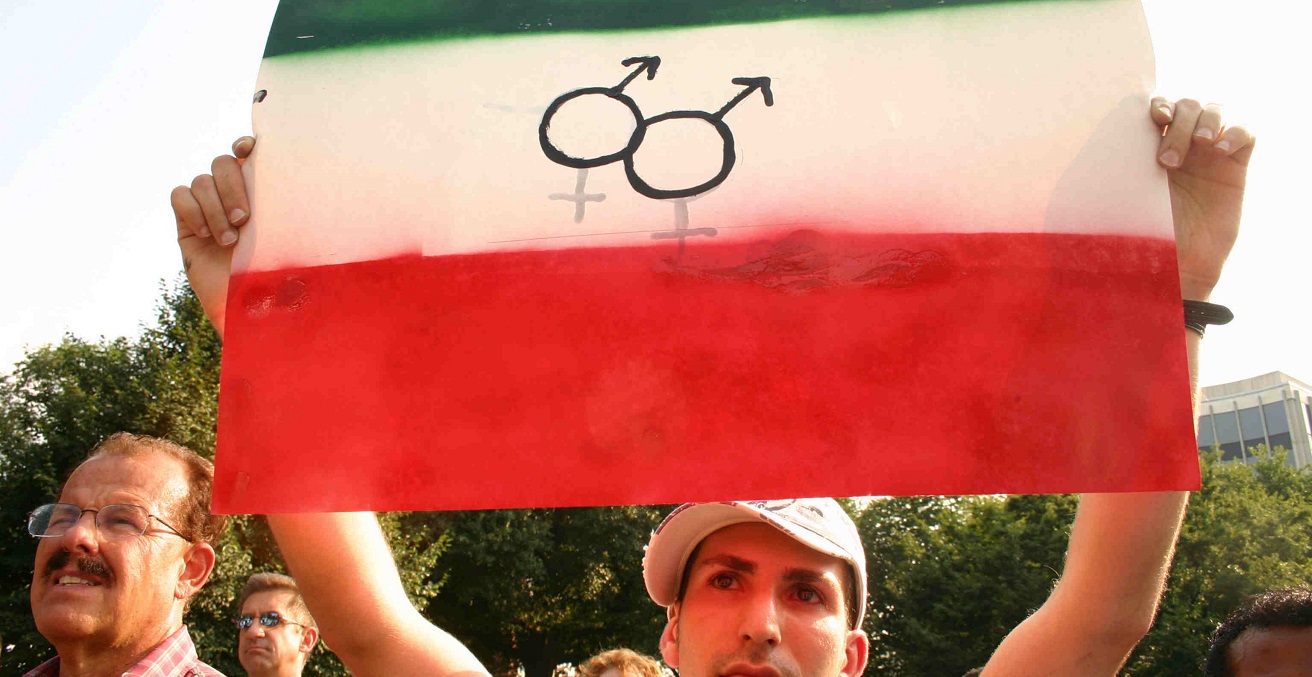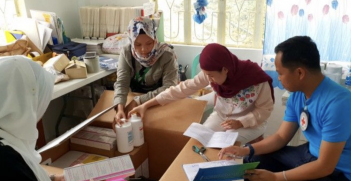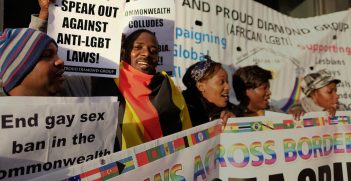When the State Kills: Persecution of Sexual Minorities

In early 2021, Iranian Ali Fazeli Monfared, was allegedly beheaded by his relatives for being gay. His relatives found out about Ali’s sexuality because he had disclosed his “mental illness”—homosexuality—in order to be exempt from compulsory military service.
There is much to unpack about this case, but first we need to understand the killing of Ali Fazeli Monfared in the Iranian context. Ali’s murder occurred in a country where it is a criminal offence to engage in same-sex intimacy. Iran is one of the 11 countries that prescribe the death penalty for same-sex sexual conduct. From 2015 t0 2020, Iran executed at least six men for livat (penetrative anal intercourse between men). In 2016, Hassan Afshar, aged 19, was hanged after being convicted of forced sodomy of another male teenager, though he had consistently maintained that the sexual acts were consensual. Afshar was 17 years old when he was arrested.
If we view the judicial executions as a clear position by the Iranian government on how sexual minorities should be treated, the government is also engaged in other, less obvious forms state-sanctioned killing against perceived and actual sexual minorities. One such example is the so-called “honour” killing, of which Ali became a victim. “Honour” killings are often carried out by family or community members for bringing shame or dishonour on a family. LGBTQI persons are among the victims for transgressing gender norms or for sexual behaviour.
In Iran, the criminal code distinguishes between murder and “honour” killings. This allows the offender to receive a lesser punishment compared to a punishment for murder conviction, or escape punishment completely. In these cases, the murder is committed by individuals, but the state is essentially sending the message to its citizens that it is acceptable to kill people based on their sexual orientation. The Iranian penal code provides that if the father carries out the honour killing, he can avoid punishment (qisas). Similarly, if the killing was a reaction to the victim committing a capital offence, the offender only needs to pay compensation (divat). In Ali’s case, the relatives who killed Ali could avoid punishment if they claim that Ali was engaged in a same-sex sexual act, which is a capital offence.
That said, the above scenarios describe the authorities getting involved. Ali’s case received international media attention partly because his father was not involved in the killing and partly because of the social standing of his family. However, these killings often go unreported, especially in rural areas where the authorities turn a blind eye. As described by one person we interviewed, “The Iranian regime supports these causes and don’t give those people a hard time even if they kill their family member, as long as they say that the person did something wrong to us, for example, ‘she was homosexual’, or ‘I killed her in order to keep my name or save the name of Islam’.”
One may wonder why Ali chose to disclose his sexuality to the authorities, given the criminalisation and the risk of violence associated with being gay. As noted, Ali saw his disclosure as a way out of compulsory military service. The military exemption law allows gay and transgender people to be exempt from service because homosexuality is considered a mental illness. The medicalisation of homosexuality can be seen in other policies, such as the promotion of so-called “conversion therapy” – medical interventions, often intrusive, to modify the individual’s sexual orientation, gender identity or gender expression.
In Iran, the state not only promotes but sponsors sex-reassignment surgeries. A report by 6Rang identified numerous examples where gay men, after disclosing their sexual orientation, were ordered to undergo hormone therapy leading to a court-ordered sex-reassignment operation. Our research has identified three people that died from grossly improper sex-reassignment surgeries. In some cases, sex-reassignment surgeries are performed upon sexual minorities even though they are designed for transgender persons who wish to transition. These surgeries are performed to “treat” same-sex attracted persons by changing them into gender-conforming men or women. In a country where same-sex sexual intimacy is criminalised and violence against sexual minorities normalised, declaring yourself as “mentally ill” may be a survival option—but “opting” for sex reassignment surgeries as a way of avoiding criminal punishment and vigilantism is not a genuine choice.
As we celebrate Pride Month and the achievements made towards inclusion and celebration of sexual diversity, it is easy to overlook the fact that in some countries, including those that appear to embrace sexual diversity, sexual minorities continue to be subjected to violence at the hands of the state. The killing of Ali Fazeli Monfared is not an isolated case—nor are the various ways in which the state is involved in the killing of sexual minorities in Iran. Looking beyond Iran, sexual orientation—whether actual or perceived—may be the motivating factor for state-sanctioned killings in at least 23 countries. Exposing the structural and cultural violence that sexual minorities are subjected to is important. However, by focusing on the visible, and the most extreme form of violence, we are reminded that even today, lesbian, gay, bisexual, trans, and gender non-conforming persons are being deprived of one of our most fundamental rights—the right to life.
Associate Professor Mai Sato is a criminologist and director of Eleos Justice at Faculty of Law, Monash University. Eleos Justice is a new initiative on state-sanctioned killing, including the death penalty.
Christopher Alexander is a Fellow of Eleos Justice, Faculty of Law, Monash University.
This article is published under a Creative Commons License and may be republished with attribution.





